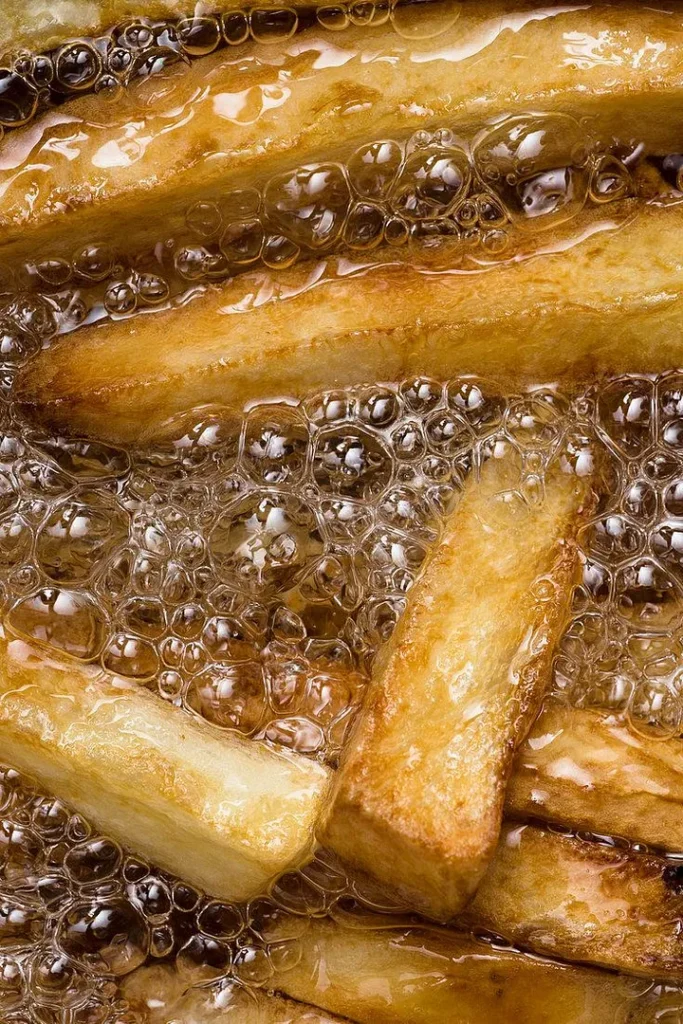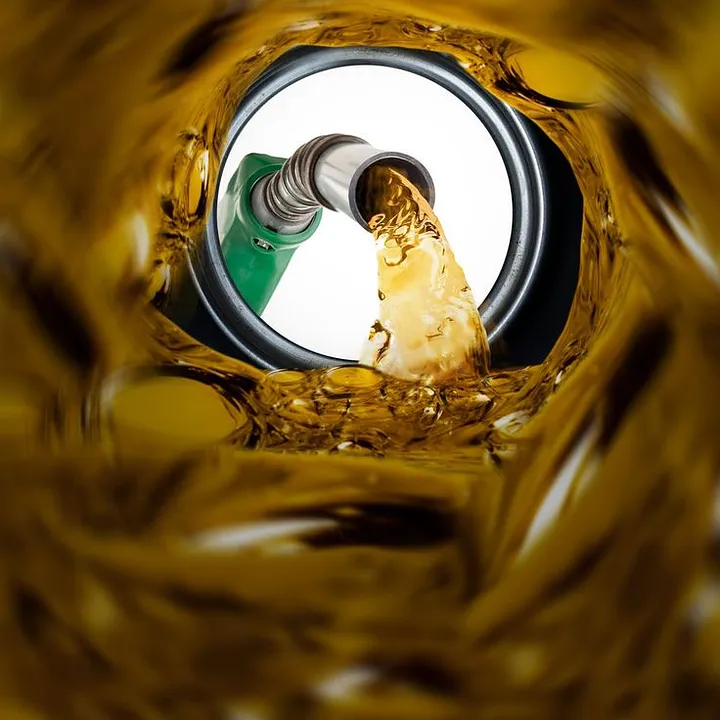
What if the grease from last night’s fries could help save the planet? A groundbreaking study from King’s College London and the Brazilian Biorenewables National Laboratory suggests it might. Using modified enzymes, researchers have developed a process to turn leftover cooking oil into biofuels that are just as efficient as diesel, and 1,000 times more productive than current methods.
Biofuels are made from renewable organic materials like vegetable oil, and are a greener alternative to fossil fuels, with food-waste-derived versions slashing greenhouse gas emissions by up to 94%. But there’s been a hitch: traditional biofuels contain too much oxygen, burning inefficiently and costing double to produce. That is where this new process comes in.
By tweaking an enzyme called P450 decarboxylase and swapping water for liquid salt in the reaction, researchers achieved an unprecedented yield of alkenes, which are the crucial building blocks of fuels like diesel. UV light replaces toxic chemicals, and no rare metals like platinum are required, making the process environmentally friendly from start to finish.

The result? A cleaner, cheaper biofuel that smells nothing like a chip shop but could revolutionize industries like logistics and aviation.
Dr. Alex Brogan summed it up best: “What we’ve created is the chemical equivalent of the fossil fuels we use every day.”
With this innovation, yesterday’s fried food could be tomorrow’s fuel. This is proof that a sustainable future might just lie in the leftovers.
Source: King’s College London. “From chip shop to pit stop — scientists make old cooking oil biofuel as efficient as diesel.” ScienceDaily. ScienceDaily, 6 December 2024. www.sciencedaily.com/releases/2024/12/241206112105.htm

Leave a Reply